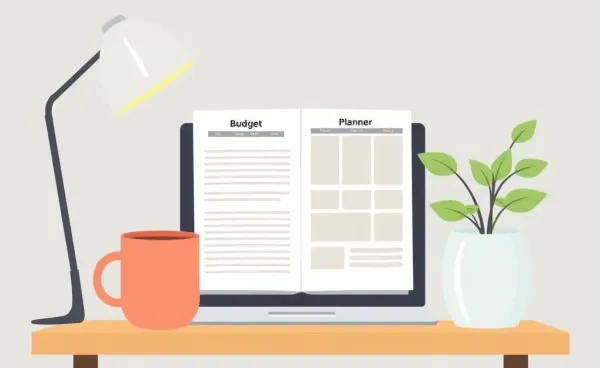Navigating the World of Personal Finance: Tips for Every Beginner
Discover practical finance tips and insights to navigate your money journey with confidence.

Have you ever sat down to balance your budget only to feel like you're diving headfirst into a sea of numbers and jargon? You're definitely not alone. Personal finance can seem intimidating at first, but with a few practical tips, you can make it a more approachable part of your life.
Getting Started with Budgeting
The first step in taking charge of your finances is creating a budget. It's not just about tracking expenses; it's about understanding your financial habits and aligning them with your goals. Consider this scenario: Dan's paycheck comes in and, without tracking, he often finds himself floating by the end of the month. Sound familiar? Here's a simple strategy:
- Track every source of income and all your expenses for one month.
- Categorize your expenses into needs, wants, and savings.
- Set realistic savings goals and adjust your spending habits accordingly.

By laying this foundation, you'll start to see where your money goes and where you can cut back to reach your goals.
Demystifying Investing
If the thought of investing makes you anxious, you're not alone. Many people expect to need a mountain of money or advanced expertise to begin investing, but the truth is a little more welcoming. Start small. Think of investing as planting a seed; little contributions now can grow significantly over time.
Consider using micro-investment platforms that allow you to start with spare change. While these won't make you a millionaire overnight, they're a practical tool to familiarize yourself with the process and build confidence for larger investments later.

Cultivating a Financially Mindful Lifestyle
Beyond numbers and accounts, adopting a mindful approach to money is essential. Think about what truly matters to you. Are you aiming for a dream trip, a cozy home, or maybe early retirement? Create a vision board filled with your financial goals to remind yourself of your purpose daily.

Being mindful also means regularly reviewing your budget and investments. Make it a monthly ritual to assess your financial health and make necessary adjustments.
Conclusion
Embracing personal finance is about more than balancing a budget or choosing the right stocks; it's about aligning your habits with your goals, reducing stress, and cultivating a life you love. So, what’s your next financial goal, and how will you start working toward it today?




